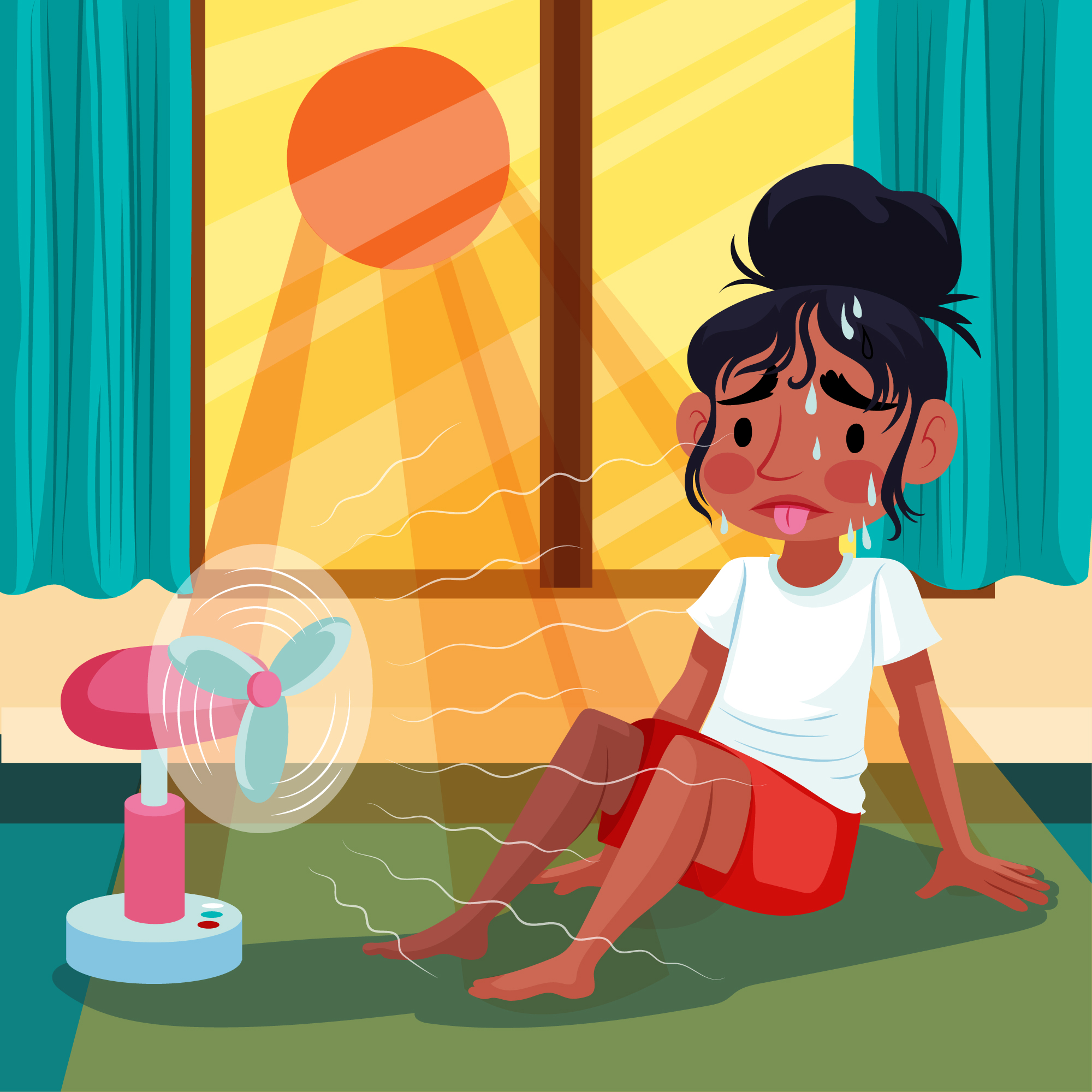The Benefits of Paying Bills Online Instead of Queuing
Weāve all been there ā standing in a long queue under the hot sun or waiting endlessly at a crowded office just to pay for electricity, data or airtime. Traditional bill payments take time, energy, and patience. But today, technology has given us a simpler, faster, and more convenient option: paying bills online.
Hereās why more people are making the switch, and why you should too.
1. Save Valuable Time
Time is money. Instead of spending hours waiting in line, you can pay for your electricity, airtime, or data in seconds from your phone. This means more time for work, family, and the things that matter most.
2. Convenience Anytime, Anywhere
Online bill payment isnāt limited by office hours. Whether itās early in the morning, during lunch, or late at night, you can make payments instantly without leaving your home.
3. No More Stress of Queues
Long queues and delays can turn a simple bill payment into a frustrating experience. Online platforms like PowerPlug remove that stress completely ā just tap, pay, and go.
4. Secure Transactions
Worried about safety? Online payment systems are designed with encryption and security features that protect your money and personal details, giving you peace of mind.
5. Instant Confirmation
No waiting for receipts or worrying if your payment went through. Online platforms give you instant confirmation, so you know your bills are paid on time without doubts.
6. Track Your Spending Easily
When you pay online, your transaction history is recorded automatically. This helps you track your spending, plan your budget, and stay in control of your finances.
Final Thoughts
Life is already full of challenges ā paying bills shouldnāt be one of them. Moving from stressful queues to simple, online payments saves time, reduces frustration, and keeps you in control.
With PowerPlug, you can pay your bills instantly, securely, and without leaving your comfort zone. Itās the stress-free way to handle lifeās essentials.
















Leave a comment
Comments - 0